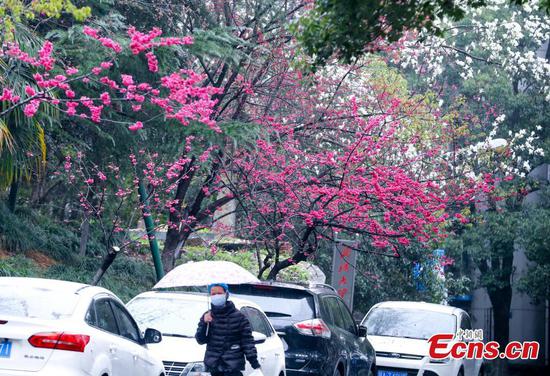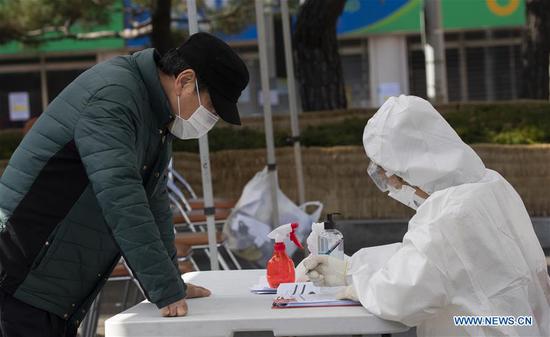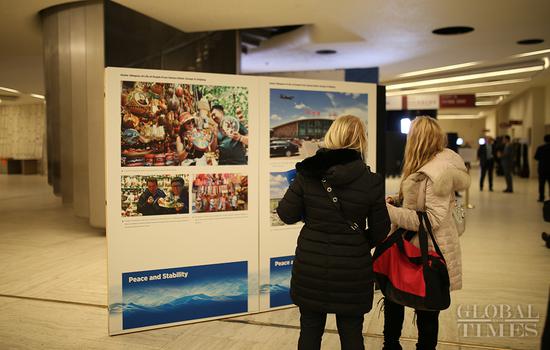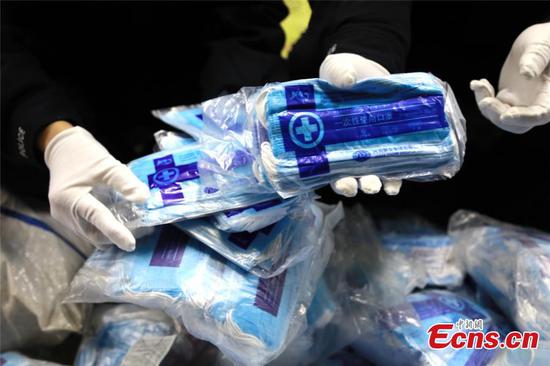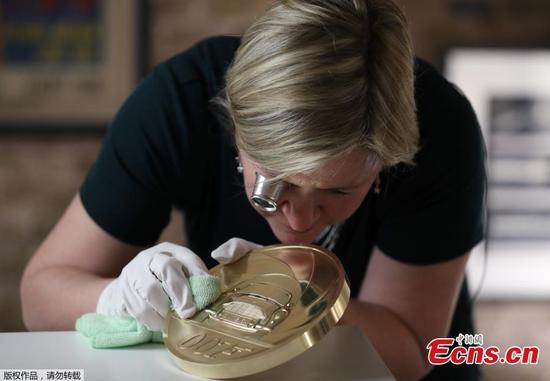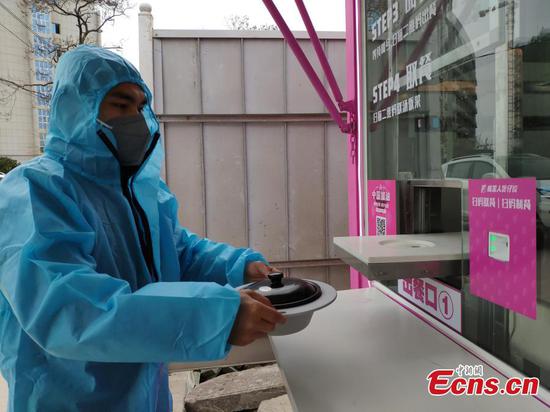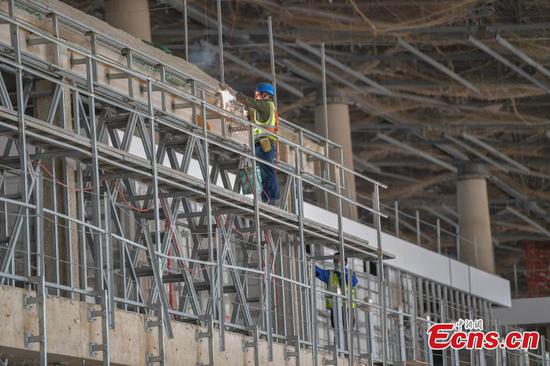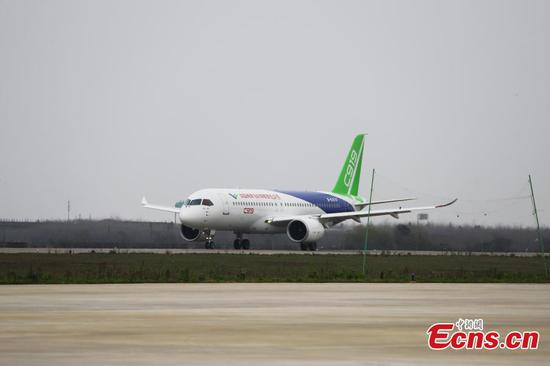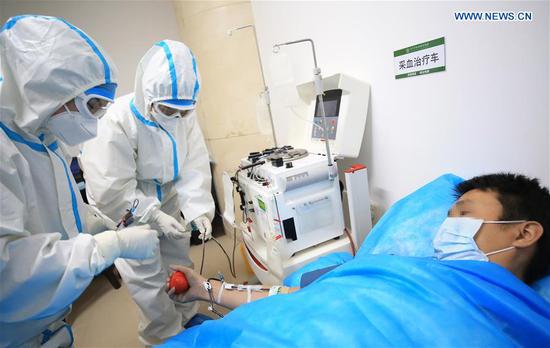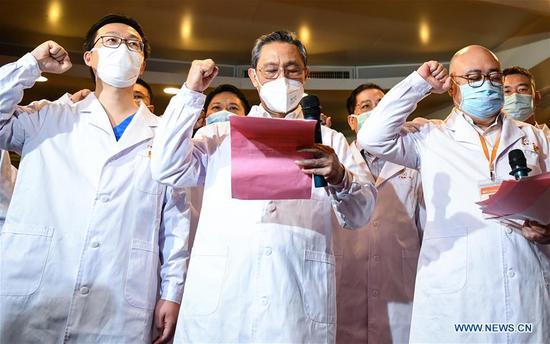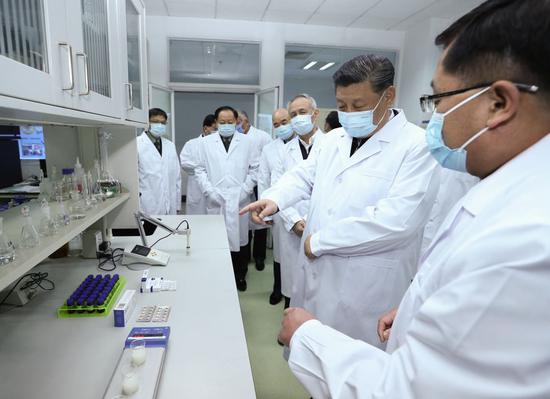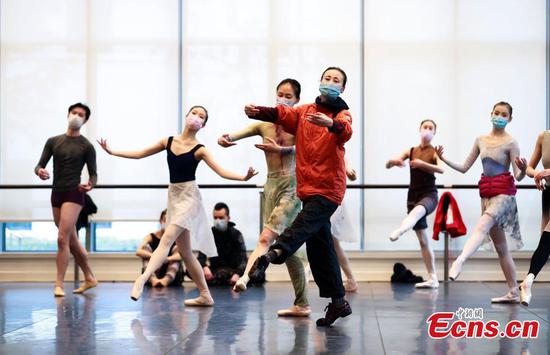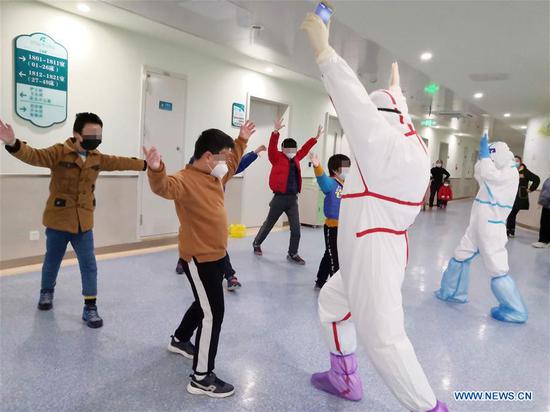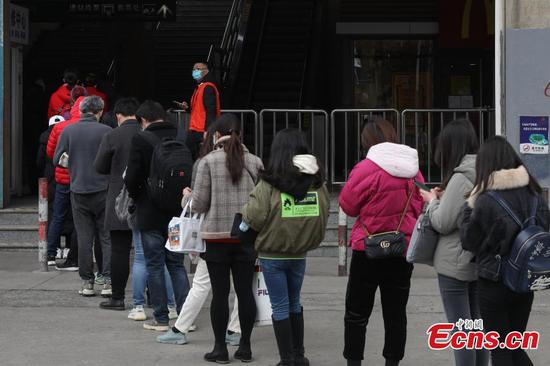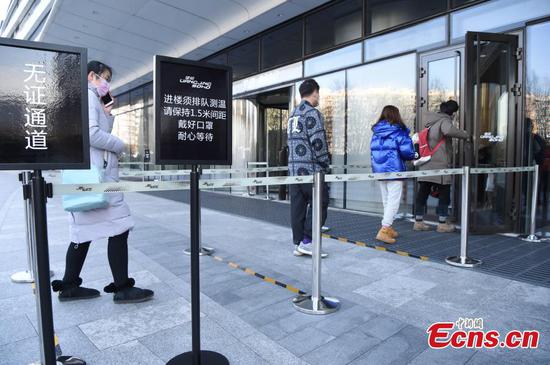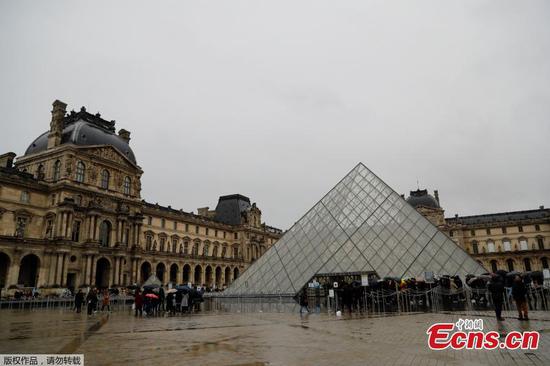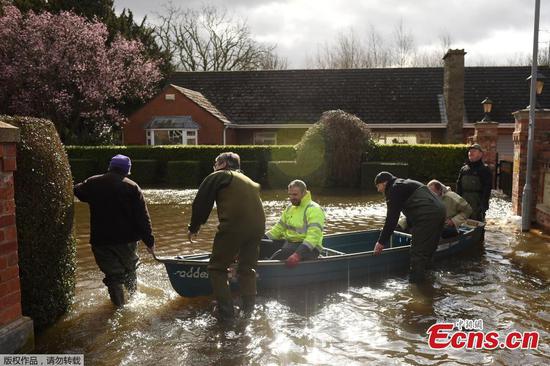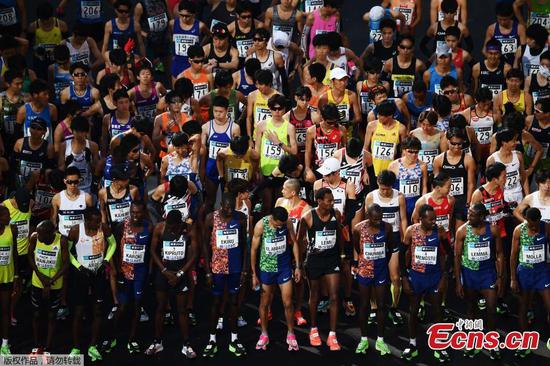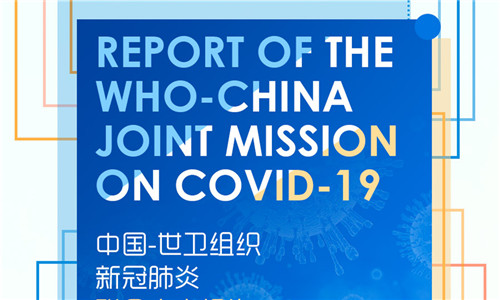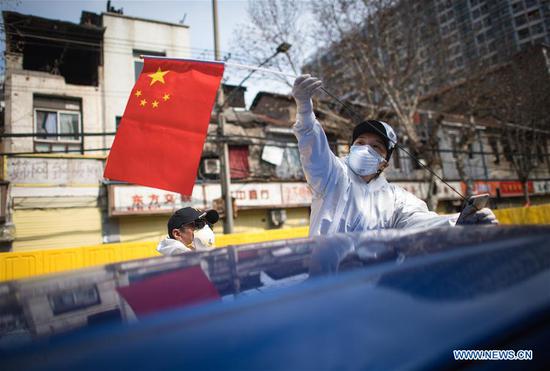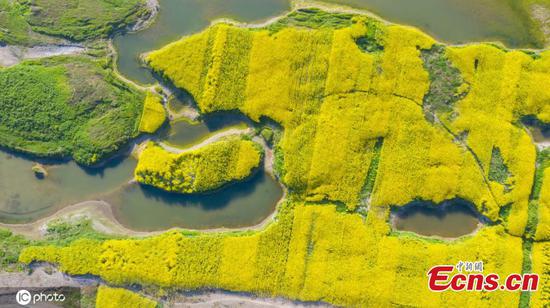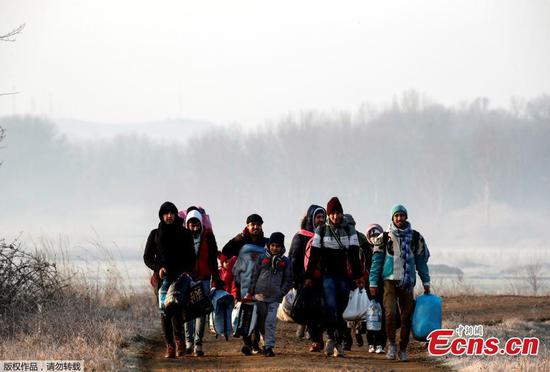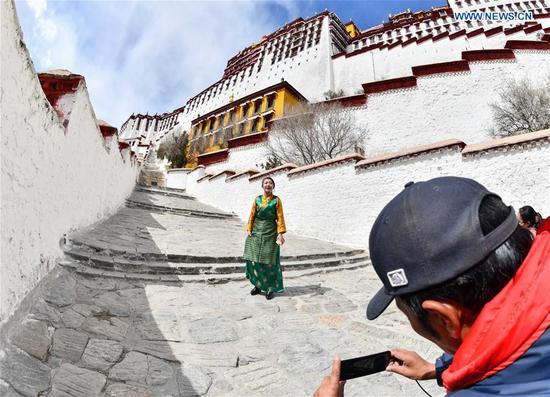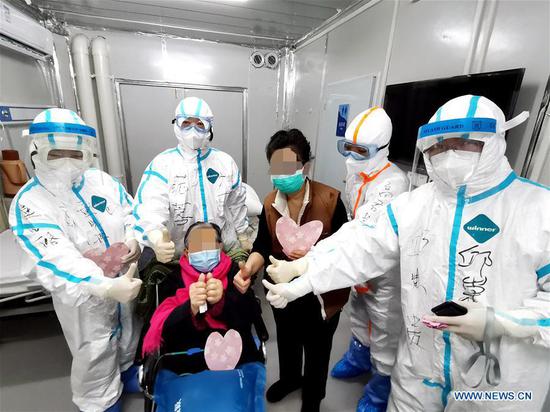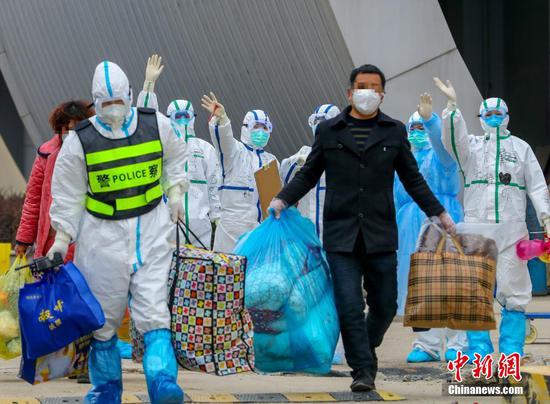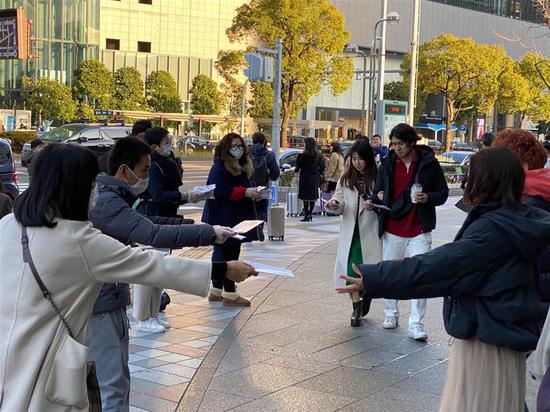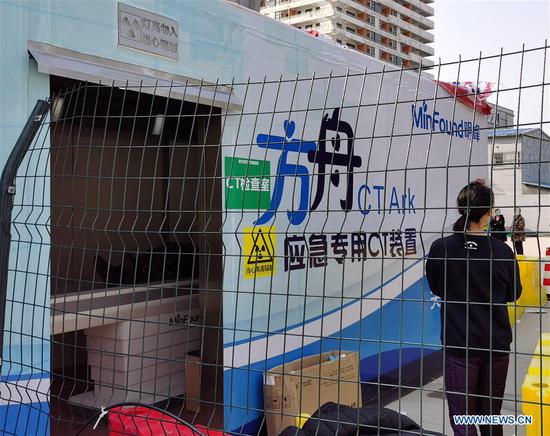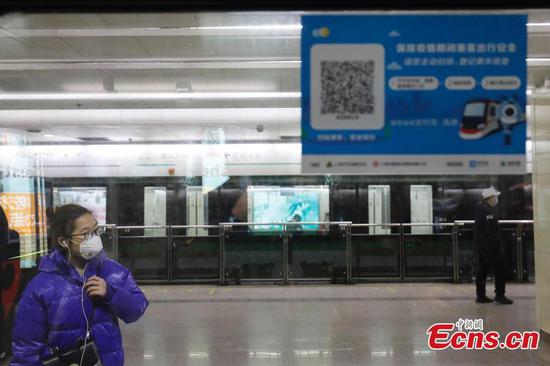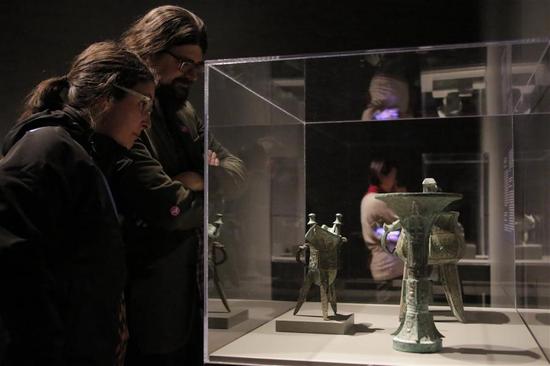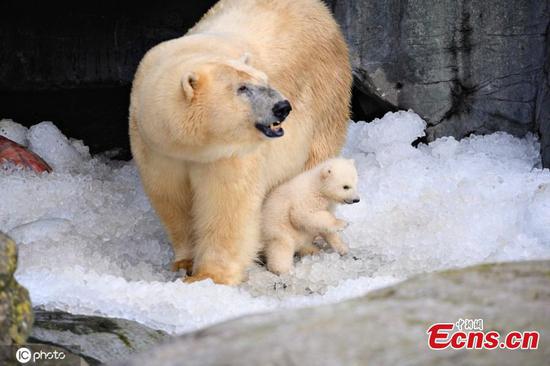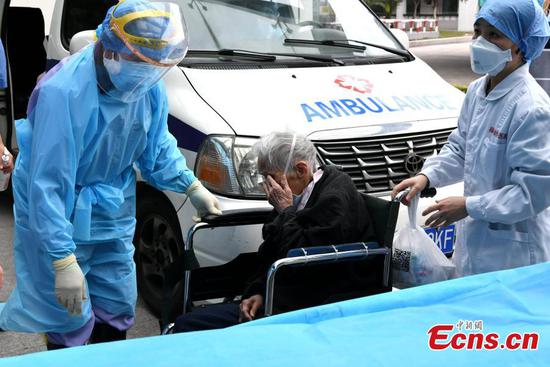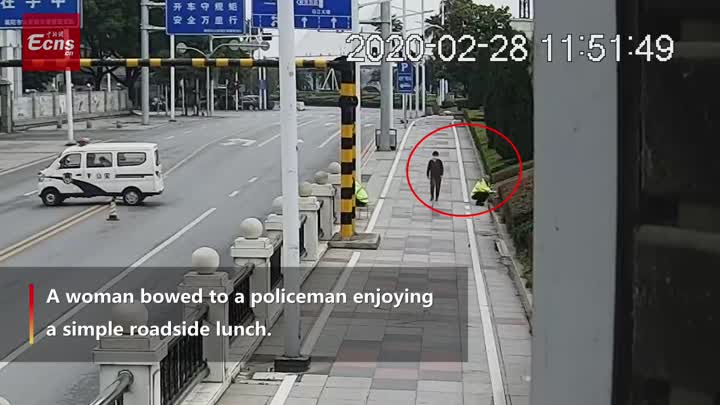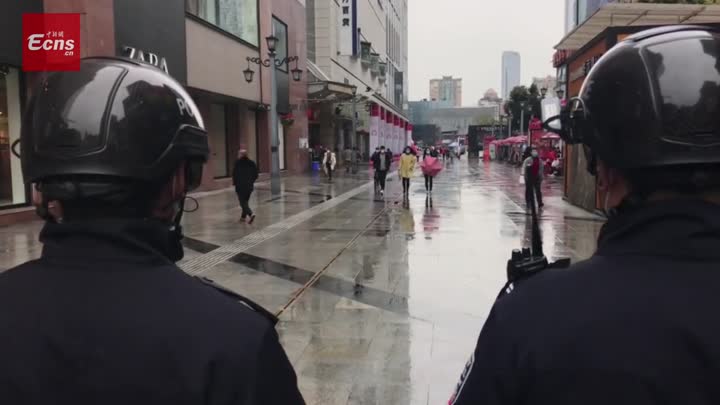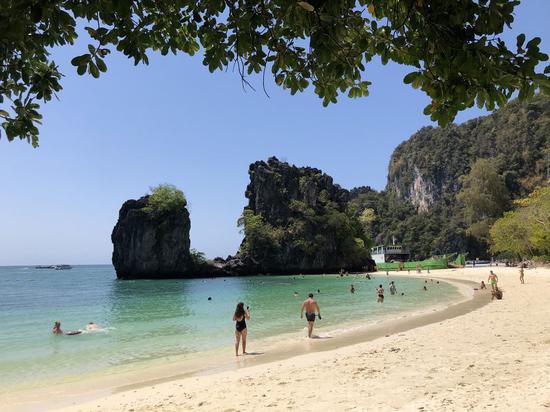
Visitors enjoy themselves at the famous island destination Krabi, Thailand, March 1, 2020. (Xinhua/Chen Jiabao)
When Thai tour guide Wanchai in the country's famous island destination Krabi entered the island's famous beach music festival that he attends every year, he was stopped at the entrance for body temperature check and hand hygiene.
"It has been a manner in public places and where crowds gather since January when there was an outbreak of the novel coronavirus pneumonia," Wanchai told the 15 Western tourists in his group to strictly have their temperature checked.
Joining hands with public sectors and the Tourism Authority of Thailand (TAT), the southern province was holding the three-day Krabi Naga Fest from Feb. 28 amid the virus panic.
The event offers festival goers an exciting array of cultural and musical activities, street shows, a local products fair and local communities market to enjoy in the relaxing, picturesque and romantic surroundings of Khlong Muang Beach.
"Visitors are few here this year, compared to last year's event, which was a sea of people," Wanchai told Xinhua. The ticket-free event held on the province's most enchanting seaside spot hardly eyed any Asian tourists.
"Though the first quarter of the year seems bleak, we can't sit still. We hold the fest as usual, introducing more eco-friendly consumption ways and clean-up activities to better the event," said the local tour guide.
Tourism businesses have been knocked comatose by the virus panic spreading around the country, while the TAT cut its outlook for foreign arrivals this years to 33 million, down 3 million from the latest targets of 36 million and nearly 7 million shy of the 2019 total of 39.8 million.
TAT governor Yuthasuk Supasorn said from January to April the tourism-related income loss was estimated at 95 billion baht (3 billion U.S. dollars).
The government has prepared measures to shore up tourism that is heavily hit, including soft loans and debt moratoriums for tourism-related operators and tourism promotion in domestic market.
"It's a hard time, we are not talking about arrivals number any more. But what's more important, it's the best time for self examination, as well as to improve the tourism facilitations and tourist services. We are developing programs to drive operators' competitiveness," the TAT governor told Xinhua after a meeting with tourist sectors discussing measures to deal with the coronavirus hit.
Yuthasuk said he believes that Thailand will be one of the prime destinations for Chinese tourists after the coronavirus epidemic. "We should better ourselves to embrace them in the coming future," said the governor.
China is Thailand's biggest source of foreign tourists, accounting for 28 percent of the 39.8 million visitors last year. Chinese tourists take up more than half of the foreign arrivals of the Krabi.
In a lively night market in the Krabi town, street food vendors hawk in Thai, English and Chinese, though Chinese visitors could hardly be seen. In the center of the market, a Chinese banner of "Wuhan cheer up, we always stand with you" is put in the middle of the stage.
"Chinese tourists are so important to our tourism industry. We hope that they could overcome these problems soon. We welcome them. We protect ourselves by wearing masks to cover the nose. But if they come here, we really welcome them here," said a street food vendor.









